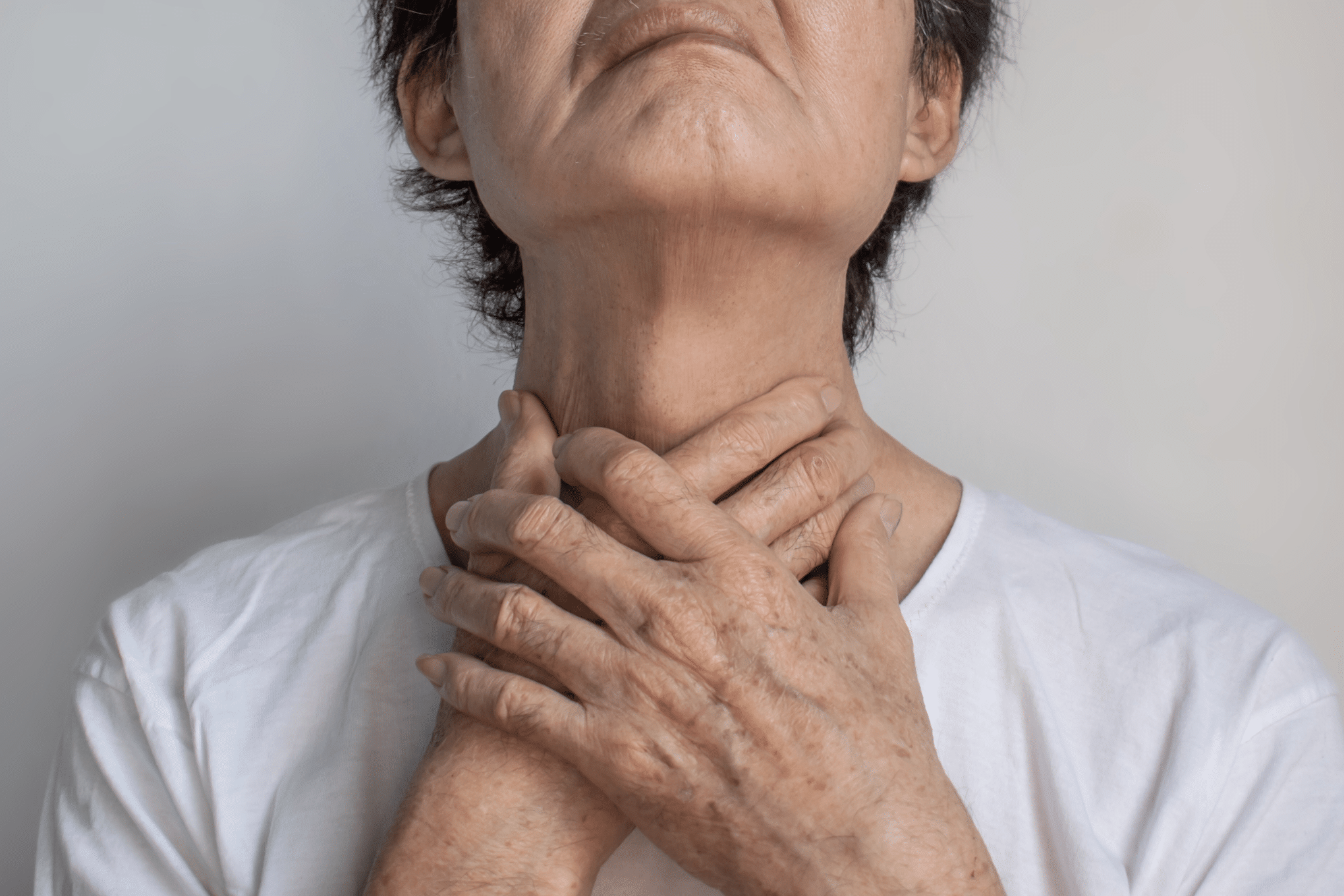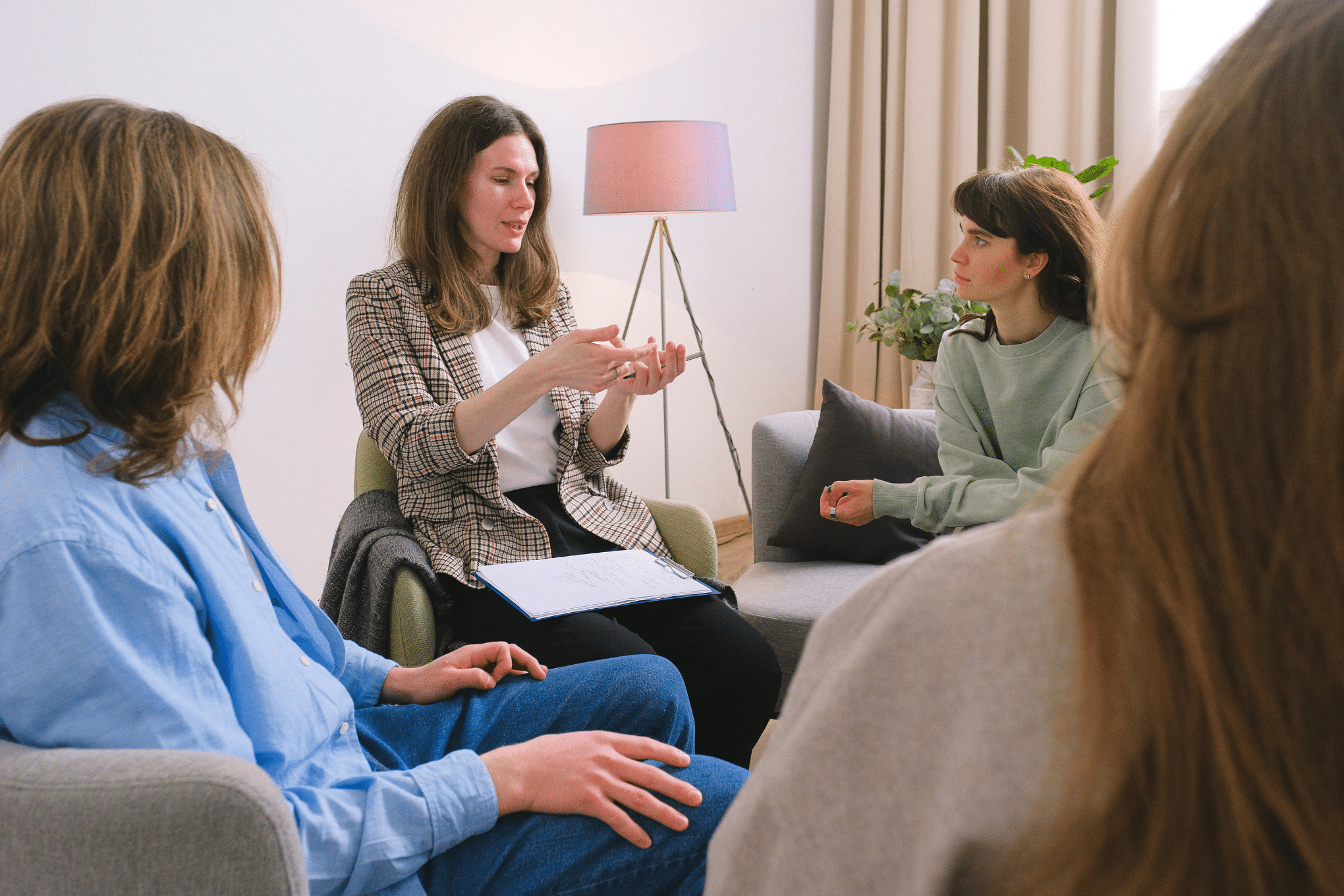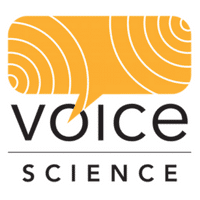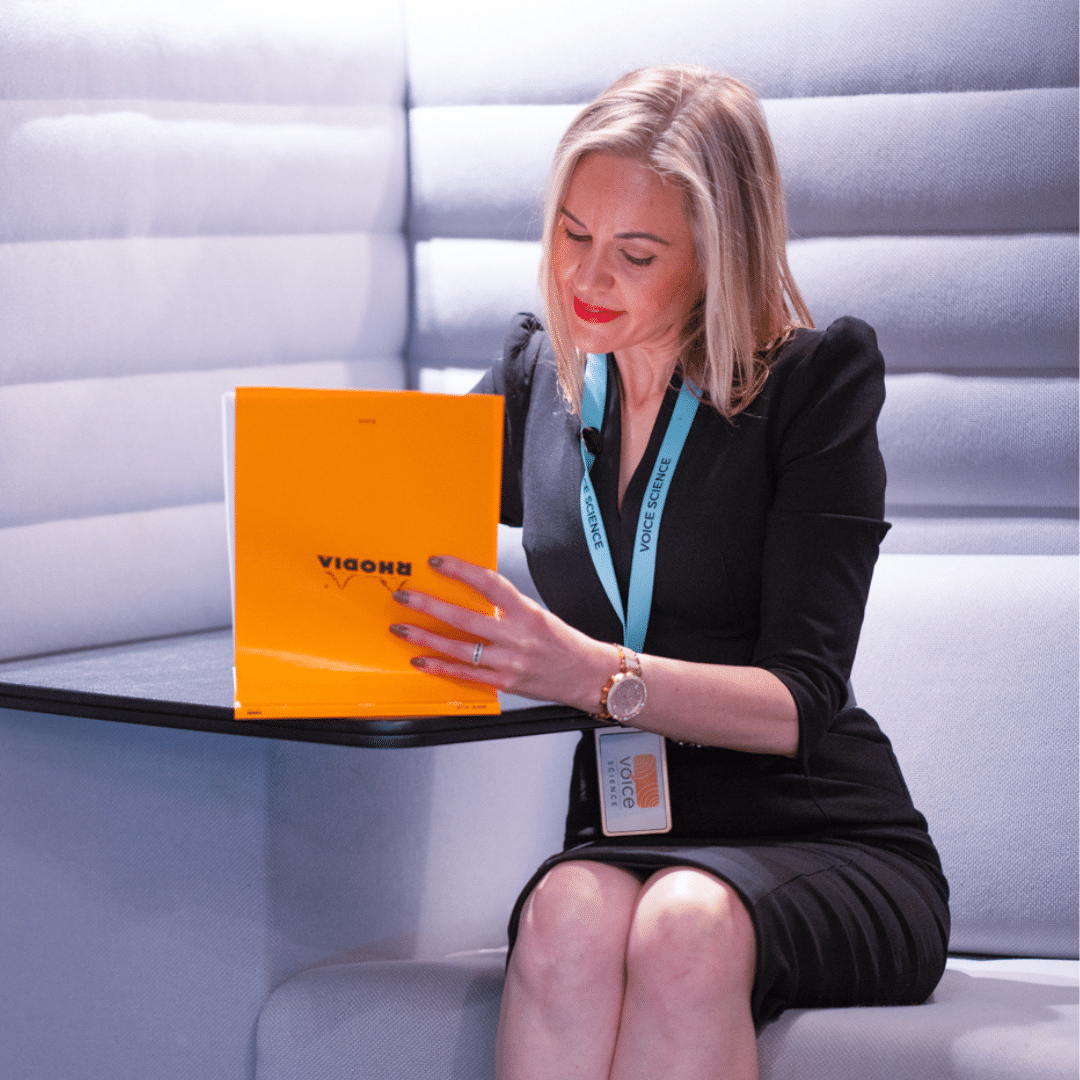Online Voice Therapy for Presbyphonia & Age-Related Voice Changes
Presbyphonia refers to age-related voice difficulties experienced by older adults. Learn about our voice therapy to assist you.

Did you know that some people may develop voice difficulties as they age? This specific voice disorder experienced by older adults is called ‘presbyphonia’ (pres-bi-pho-nee-ah).
What’s this thing called ‘presbyphonia’?
‘Presbyphonia’ refers to age-related voice difficulties experienced by older adults. You may also come across terms such as ‘aging voice’ or ‘aged voice’. As part of normal aging, the structure and function of the vocal folds (cords) and larynx (voice box) alter and change. These changes can affect how we use our voice and how it sounds.
Healthy voicing requires a careful balance of breath (airflow from the lungs), phonation (periodic vibration of the vocal folds) and resonance (the amplification of sound waves in the vocal tract). As you age, the disruption to this careful balance may result in noticeable vocal changes, such as alterations in vocal pitch, reduced voice quality (e.g., breathy, shakiness), and decreased volume and projection.
Changes in the voice due to presbyphonia can significantly impact your quality of life and functional use of your voice every day when speaking.

Who can get age-related voice difficulties?
Research suggests that 30% of those aged 65 and over may experience age-related voice difficulties (presbyphonia).
It is essential to rule out other contributing factors (e.g., neurological, autoimmune or metabolic conditions), as age-related voice difficulties (presbyphonia) can look similar.
What are some typical symptoms?
The following symptoms are common with age-related voice difficulties (presbyphonia):
- Hoarse voice quality
- Breathy voice quality
- Vocal strain
- Vocal fatigue
- Change in pitch
- Decreased rate
- Difficulty in voice projection
Medical tests conducted by an Ear Nose Throat specialist, often show a ‘bowing’ of the vocal fold edges, increased vocal fold thickness, decreased size/wasting, discolouration, and a reduction in the wave-like movement of the vocal folds during vibration.
The bowing of your vocal folds creates an opening (when they should be closed), which results in breathy voice quality and reduced volume. The gap between the vocal folds can vary depending on the extent and severity of the age-related changes.
Why has my pitch changed?
Voice pitch change is frequent with presbyphonia. Women often notice a lower pitch initially, but their pitch gradually increases. Whereas men typically see an increased pitch due to lengthening of the vocal folds seeking to close at the midline.
How are age-related voice difficulties treated?
Research has found that voice therapy is an effective approach to treating age-related voice difficulties (presbyphonia). We may also recommend other changes to assist your voice, such as environmental modifications (improving room acoustics, reducing background noise) and some voice maintenance tips and tricks to support and maintain your vocal health. You may notice a decrease in saliva and mucous production as you age. This leads to a thickening of secretions and less lubrication for the vocal folds, impacting how smoothly your voice vibrates (mucosal wave). That’s why it’s crucial to stay hydrated!
Voice therapy is typically recommended as a starting point before surgical management is considered to improve the closure of the vocal folds. However, if you need vocal fold surgery for age-related voice difficulties (presbyphonia), speaking to a speech pathologist before and after the surgery is essential. Your speech pathologist will give you voice therapy techniques so that your voice can safely recover.
What voice exercises will help age-related voice difficulties?
Age-related voice disorders (presbyphonia) result from reduced functioning of the different parts of the vocal tract, so voice exercises will mainly focus on achieving better coordination of breath/phonation/resonance, reducing vocal effort or potential strain, and achieving vocal fold closure.
Voice exercises might include:
- Respiratory support exercises
- Posture evaluation
- Respiratory support work
- Lip trills
- Pitch extension exercises
- Resonant voice exercises
Don’t worry if these seem foreign to you! These are just some examples of what voice tasks your speech pathologist may work on with you in sessions.
I think I have presbyphonia, what should I do?
To be diagnosed with presbyphonia, consultation with a speech pathologist and ENT is essential. Send a confidential query to our team below or feel free to send us an email for our ENT recommendations.


